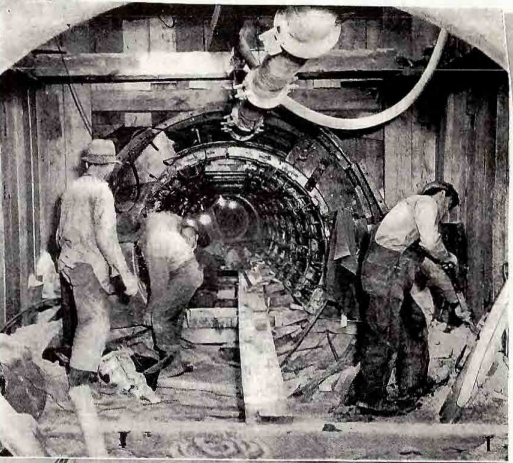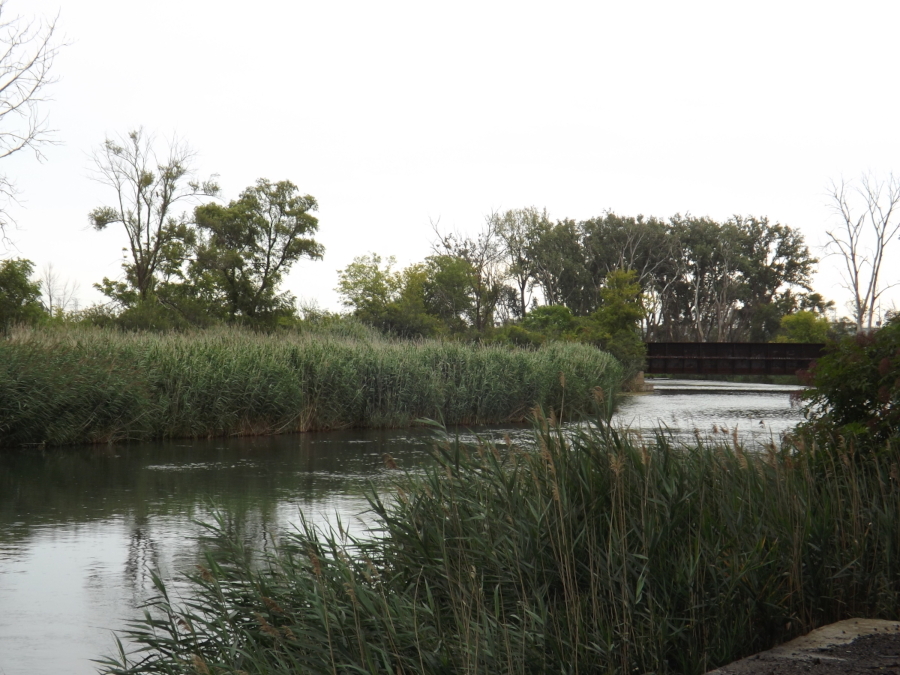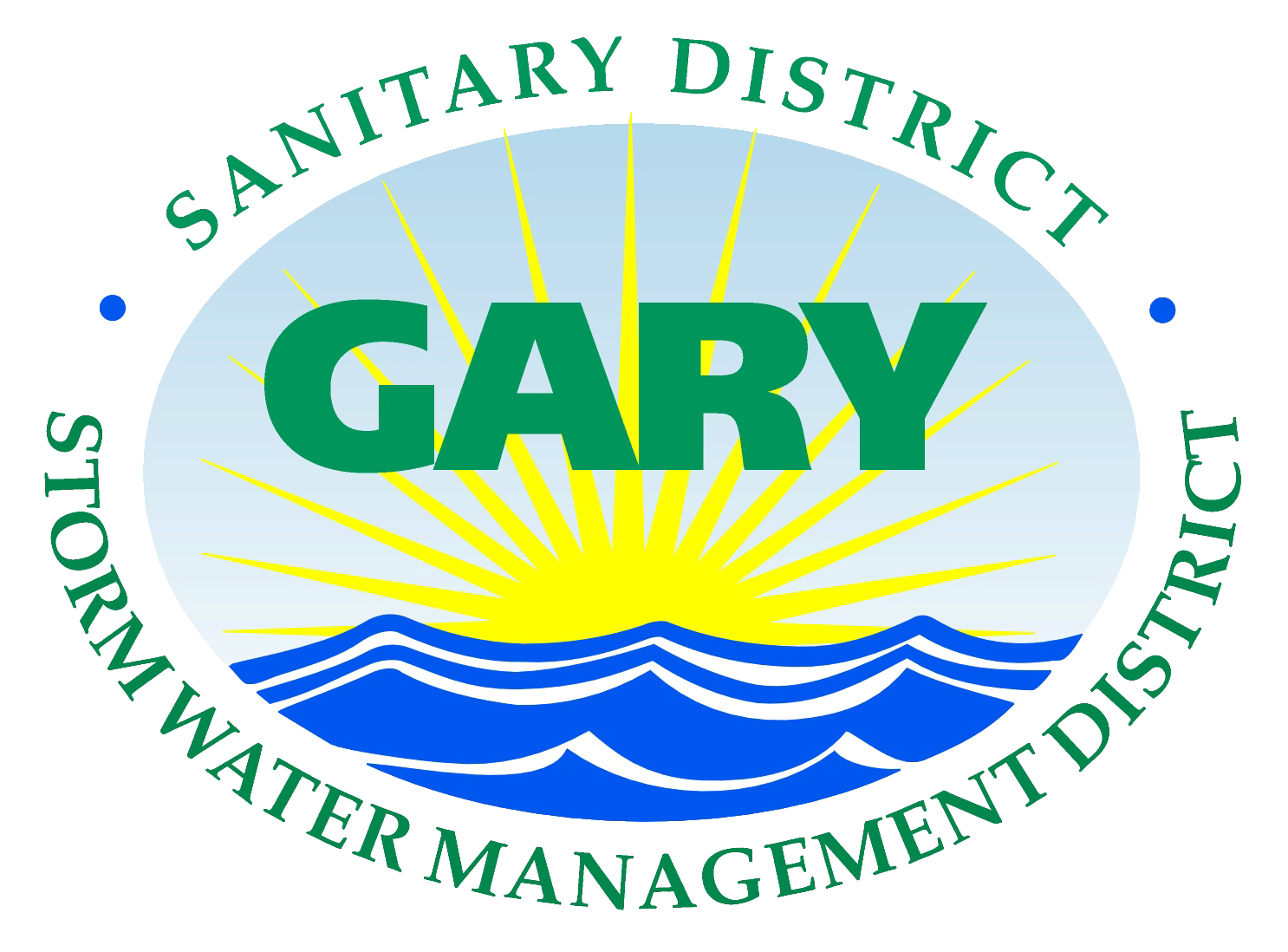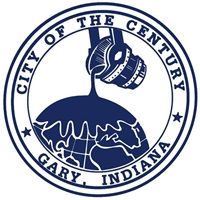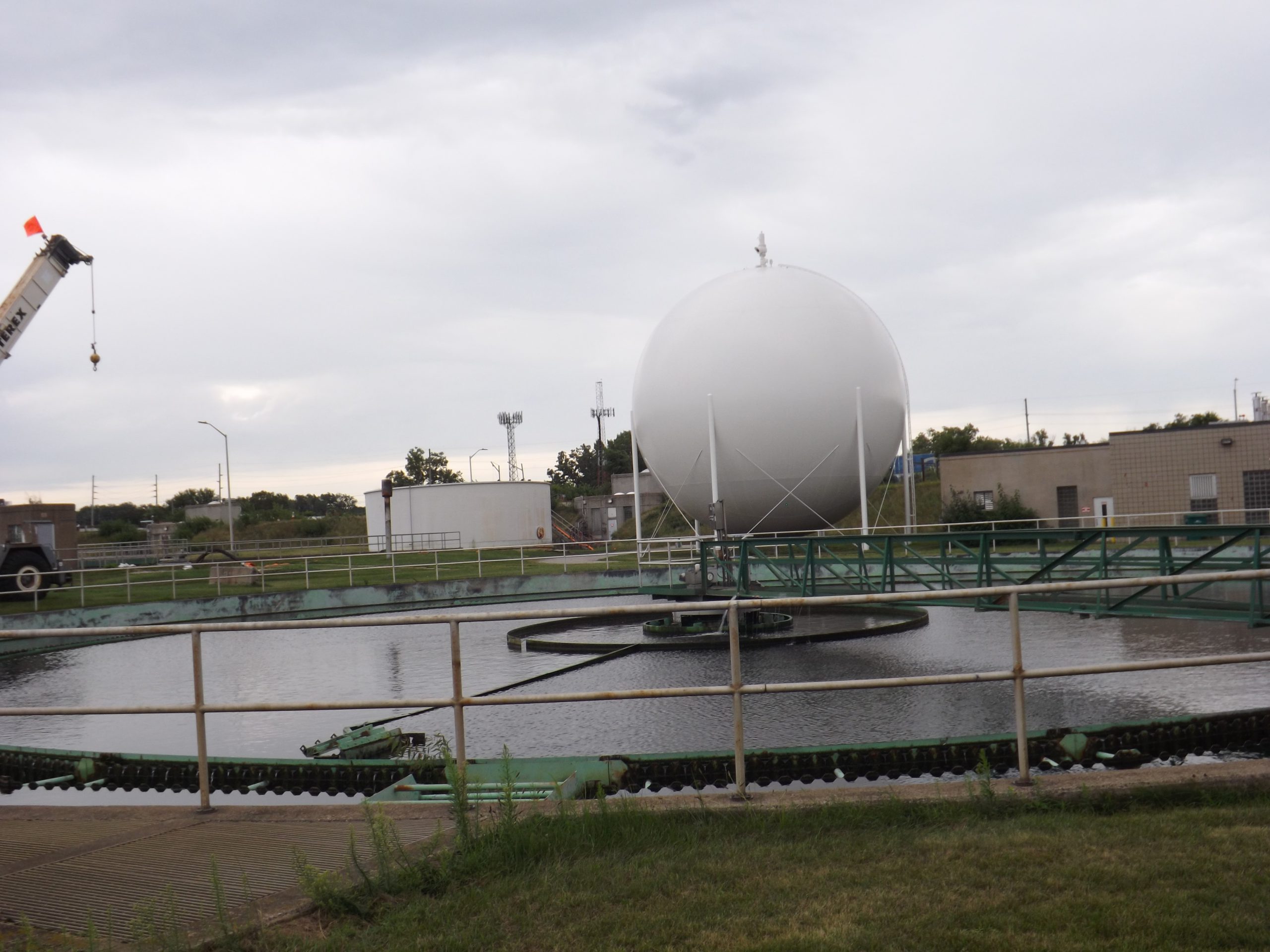
Who We Are
The Gary Sanitary District (GSD) is working hard every day to deliver exceptional wastewater and trash collection services.
Gary Sanitary District is a publicly owned wastewater utility committed to improving the quality of life and economic development in Northwest Indiana; and to providing superior water environment services in a safe, ethical, cost effective and customer-friendly manner. Additionally, the Gary Sanitary District will utilize the best available technology to meet and exceed regulatory standards and offer a health, motivating workplace that promotes the growth and leadership development of its employees.
HISTORY
After creation of The Gary Sanitary District in 1938, The Board of Sanitary Commissioners initiated a construction program that included several interceptors and a wastewater treatment plant. This original plant was placed in service, at the present site, in 1940. The treatment facility was an activated sludge process designed to provide secondary treatment, with nominal capacity of 20 million gallons per day (MGD) to 40 millions gallons per day (MGD)Expansion and improvements began in 1962 to increase the treatment capacity of the plant.
